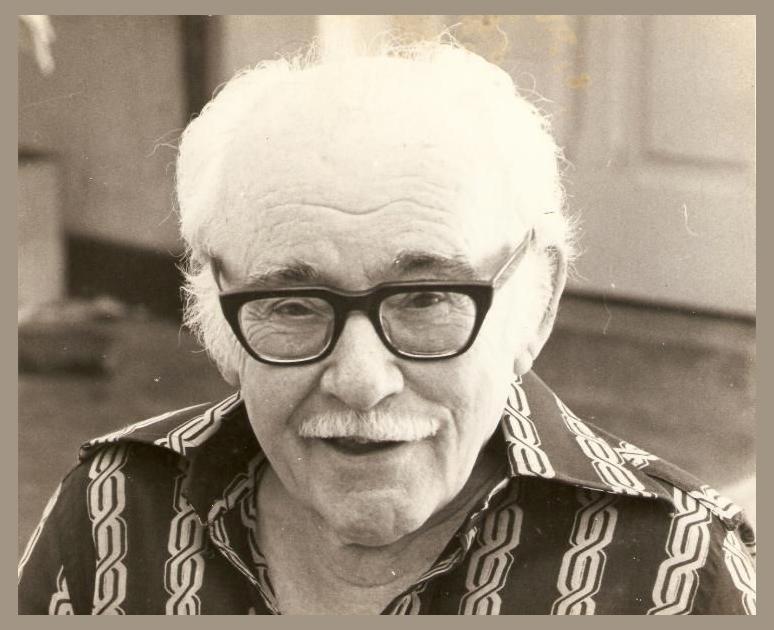 Capiba
Capiba
Capiba: The Maestro of Frevo and Ciranda
Capiba, a visionary musical composer and conductor, left an indelible mark on the cultural landscape of Brazil.
Birth and Early Life:
Born Luiz Gonzaga do Nascimento Júnior in Recife, Pernambuco, on June 28, 1904, Capiba's childhood was immersed in the vibrant rhythms of his coastal hometown. His father, a clarinetist, instilled in him a deep love for music.
Musical Career:
As a teenager, Capiba's passion for composition flourished. He began writing songs that celebrated the festive spirit of Pernambuco, particularly the frevo and ciranda rhythms. In 1927, his iconic composition "Frevo Nº 1" became an instant classic, capturing the infectious energy of the Carnival dance.
Challenges and Controversies:
Capiba's musical innovations faced criticism from traditionalists who saw his modern arrangements as diluting the purity of frevo. However, undeterred, he remained steadfast in his belief that music should evolve and reflect the changing times.
Discography:
Capiba's prolific career spanned over six decades, producing a rich discography that included:
* "Frevo Nº 1" (1927)
* "Ciranda da Rosa Vermelha" (1933)
* "Maria Bonita" (1947)
* "O Abre Alas" (1963)
* "Frevo do Recife" (1970)
Collaborations and Legacy:
Capiba collaborated with renowned artists, including Luiz Gonzaga and Nara Leão. His influence extended beyond Brazil, inspiring musicians worldwide. His compositions have been performed by orchestras and ensembles across the globe.
Members:
Capiba's musical vision was brought to life by a talented group of musicians, including:
* Capiba (composer, conductor)
* Zé Nilton (guitar)
* João Santiago (drums)
* Nicolau (bass)
Recognition and Honors:
Capiba's contributions to Brazilian music were widely recognized. He received numerous awards, including the Medalha de Honra ao Mérito Cultural (1982). In 1989, he was inducted into the Academia Brasileira de Música.
Death and Legacy:
Capiba passed away in Recife on August 31, 1997, at the age of 93. His legacy lives on through his timeless music, which continues to evoke the vibrant spirit of Brazil. He remains an icon of Brazilian culture, celebrated for his innovative spirit and profound love of his musical roots.
Capiba, a visionary musical composer and conductor, left an indelible mark on the cultural landscape of Brazil.
Birth and Early Life:
Born Luiz Gonzaga do Nascimento Júnior in Recife, Pernambuco, on June 28, 1904, Capiba's childhood was immersed in the vibrant rhythms of his coastal hometown. His father, a clarinetist, instilled in him a deep love for music.
Musical Career:
As a teenager, Capiba's passion for composition flourished. He began writing songs that celebrated the festive spirit of Pernambuco, particularly the frevo and ciranda rhythms. In 1927, his iconic composition "Frevo Nº 1" became an instant classic, capturing the infectious energy of the Carnival dance.
Challenges and Controversies:
Capiba's musical innovations faced criticism from traditionalists who saw his modern arrangements as diluting the purity of frevo. However, undeterred, he remained steadfast in his belief that music should evolve and reflect the changing times.
Discography:
Capiba's prolific career spanned over six decades, producing a rich discography that included:
* "Frevo Nº 1" (1927)
* "Ciranda da Rosa Vermelha" (1933)
* "Maria Bonita" (1947)
* "O Abre Alas" (1963)
* "Frevo do Recife" (1970)
Collaborations and Legacy:
Capiba collaborated with renowned artists, including Luiz Gonzaga and Nara Leão. His influence extended beyond Brazil, inspiring musicians worldwide. His compositions have been performed by orchestras and ensembles across the globe.
Members:
Capiba's musical vision was brought to life by a talented group of musicians, including:
* Capiba (composer, conductor)
* Zé Nilton (guitar)
* João Santiago (drums)
* Nicolau (bass)
Recognition and Honors:
Capiba's contributions to Brazilian music were widely recognized. He received numerous awards, including the Medalha de Honra ao Mérito Cultural (1982). In 1989, he was inducted into the Academia Brasileira de Música.
Death and Legacy:
Capiba passed away in Recife on August 31, 1997, at the age of 93. His legacy lives on through his timeless music, which continues to evoke the vibrant spirit of Brazil. He remains an icon of Brazilian culture, celebrated for his innovative spirit and profound love of his musical roots.